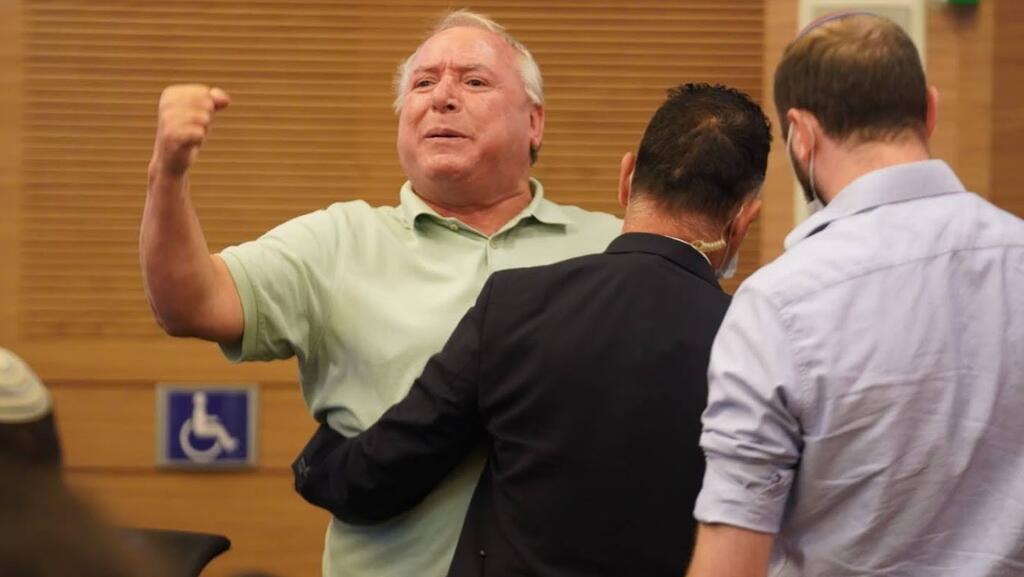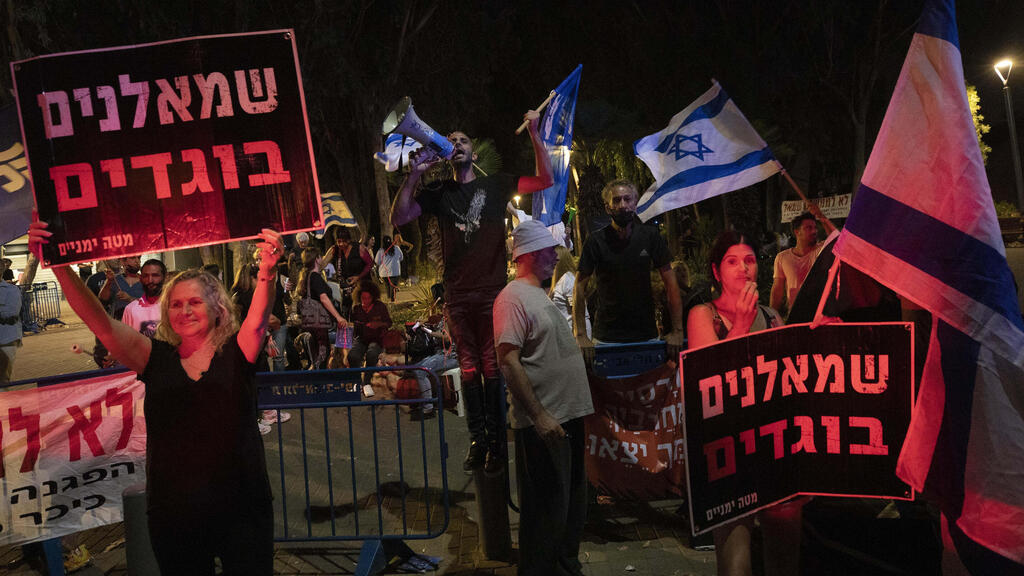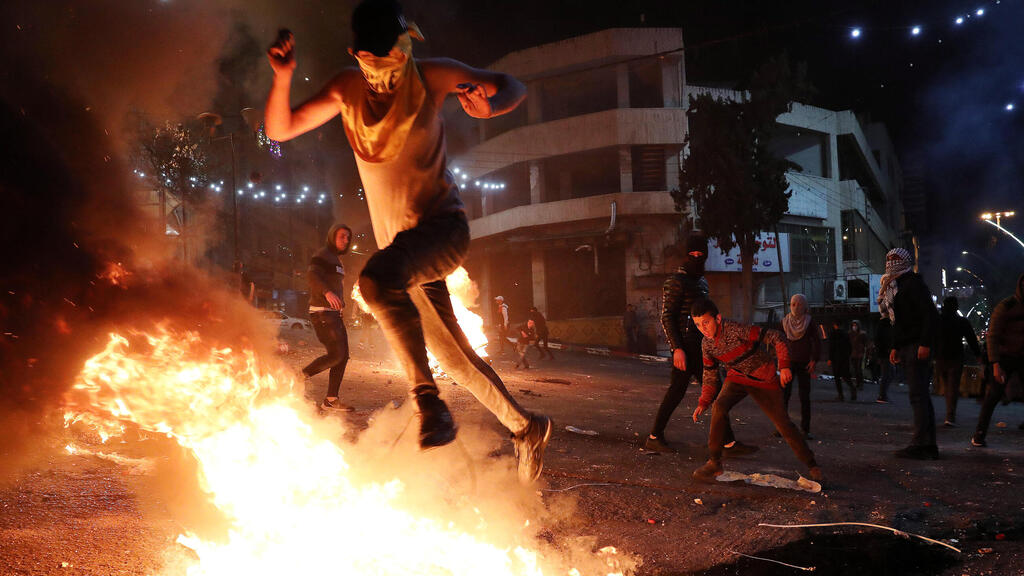Getting your Trinity Audio player ready...
There is much talk about the dangers Israel is facing. Some say Iran is the greatest threat, while others claim it is the Palestinians who pose a larger risk to our existence.
But in my view, we ourselves are the greatest danger this nation is faced with because of our tendency for self-destruction, which we have perfected over the recent years.
Just like in days of old when faced with the Roman occupation, brother will kill brother, spilling blood across the land. The Roman legions stood by and waited patiently for the Jews to almost complete the work for them. We must stop this before the point of no return.
Israel is a historic wonder. Rising from the ashes of the Holocaust and coming from 70 nations, we gathered our people against all odds to establish a country in the heart of a hostile region to provide a safe haven for the Jewish people.
Seven wars and never-ending battles against those seeking our destruction later, we succeeded in transforming a small patch of land, void of any natural resources, into an economic powerhouse.
But we are now polarized from within and our enemies are once more patiently waiting for an opportune moment to destroy us.
After four consecutive election cycles, a new government was formed that had mustered a scant parliamentary majority, but those who have been ousted from power after 12 years refuse to recognize its legitimacy. They even refuse to address the prime minister by his title.
When a leader of a massive Knesset faction refuses to make even such a symbolic gesture, this shakes the foundations of our democracy.
That same opposition also boycotts each and every of the opposite side's legislations. All oppositions can and must oppose government initiatives, but the current opposing bloc in the Knesset votes against laws vital to national security, public interest, and even its own ideology in violation of the basic social contract upon which the democratic system is predicated.
3 View gallery


Likud MK David Amsalem protests as he is ejected from a Knesset committee
(Photo: Knesset)
Public discourse in Israel is characterized by a lack of tolerance and by verbal abuse toward anyone holding a differing worldview.
The Knesset has shown itself to be a negative example of proper conduct and its behavior has seeped into Israeli society.
This growing polarization is not about socialism versus capitalism, or conservatives versus liberals, or even left and right as one would expect.
The crux of this polarization is the question of the country's Jewish character.
The first real debate came in 1948 around Israel's establishment and focused on state-religion affairs. The political controversy surrounding the issue prevented the creation of a constitution.
The second debate, which remains undecided, was over the state's borders even though the basic definition of a state is "a political organization for the implementation of civic interests in a specific territory."
Since 1967, Israel has had no defined borders. In the 55 years that have passed since the Six-Day War, Israeli governments, left and right, refused to annex the West Bank and the Gaza Strip into Israeli territory.
Today, three generations of Israelis, Jewish and non-Jewish, have never known a different reality. We are a country without a strategy and cannot define the state we hope to see in centuries to come.
No politician has been willing to state a goal for Israel. Most just roll their eyes and avoid having to make a decision. None want to take the responsibility for territorial concessions, but all understand that annexation of the West Bank would lead to the demise of the Zionist dream and a Jewish-majority nation.
Any Zionist can understand that without a Jewish majority, there can be no Jewish state. Nowadays, there are Jews who prescribe to the Zionist idea between the Jordan River and the Mediterranean and those who do not.
But in the same land, there are many non-Jews who will not agree to be deprived of the basic rights that Jews enjoy, and their aspirations for freedom and equality will never be quashed.
The Hebrew word for border can be used to mean the physical boundary around a country, but also the moral boundaries of normal behavior.
Intolerance of opposing views, violence in all its forms and sidelining of the gatekeepers of our democracy are just part of the manifestations of our lack of boundaries, borne from avoiding the critical conundrum we all face: What kind of Israel do we want to see and what are its borders?



